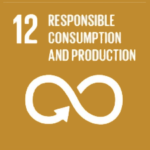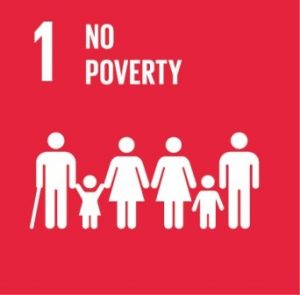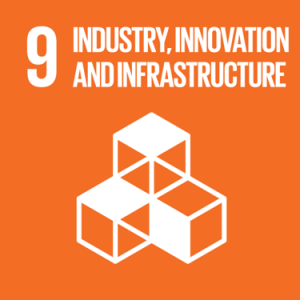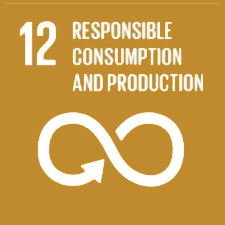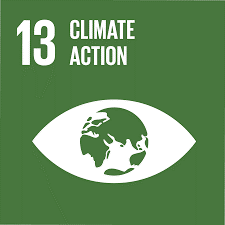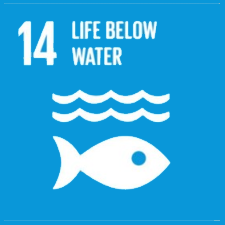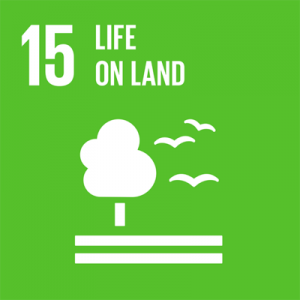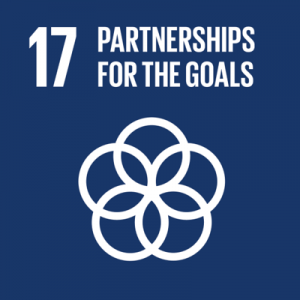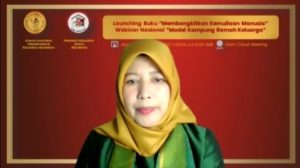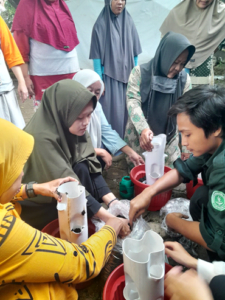IPB University measures the amount of waste generated and recycled across the university (Page 11-13).
SOP Waste Management in IPB University
IPB University committed to reduce food waste in every possible way. Based on our Rector’s Regulation (Peraturan Rektor) No. 29/IT3/OT/2020, the university aims to do this by applying the “Reduce, Re-use, and Recycle waste hierarchy”. IPB University also operates a ‘zero to landfill‘ policy for general waste, food waste and bulky waste as stated in our Circular Letter No. 24714/IT3/HM/M/B/2021.
Circular Letter About Healthy and Sustainable Lifestyle (Include Waste Trcking)
IPB also provides the waste processing facilities for the campus area, including the calculation of the amount, namely: 1) separate trash according to the type of waste, 2) garbage trucks according to the type of waste, 3) Eco Incinerator, 4) Biodigester, 5) Composter, and 6) Temporary storages for Hazardous Wastes. Since 2019, IPB publish waste management and the amount of waste generated and recycled across the university (Page 22 “Waste Management”, Fig.10).
Waste Management Infographic at IPB University

